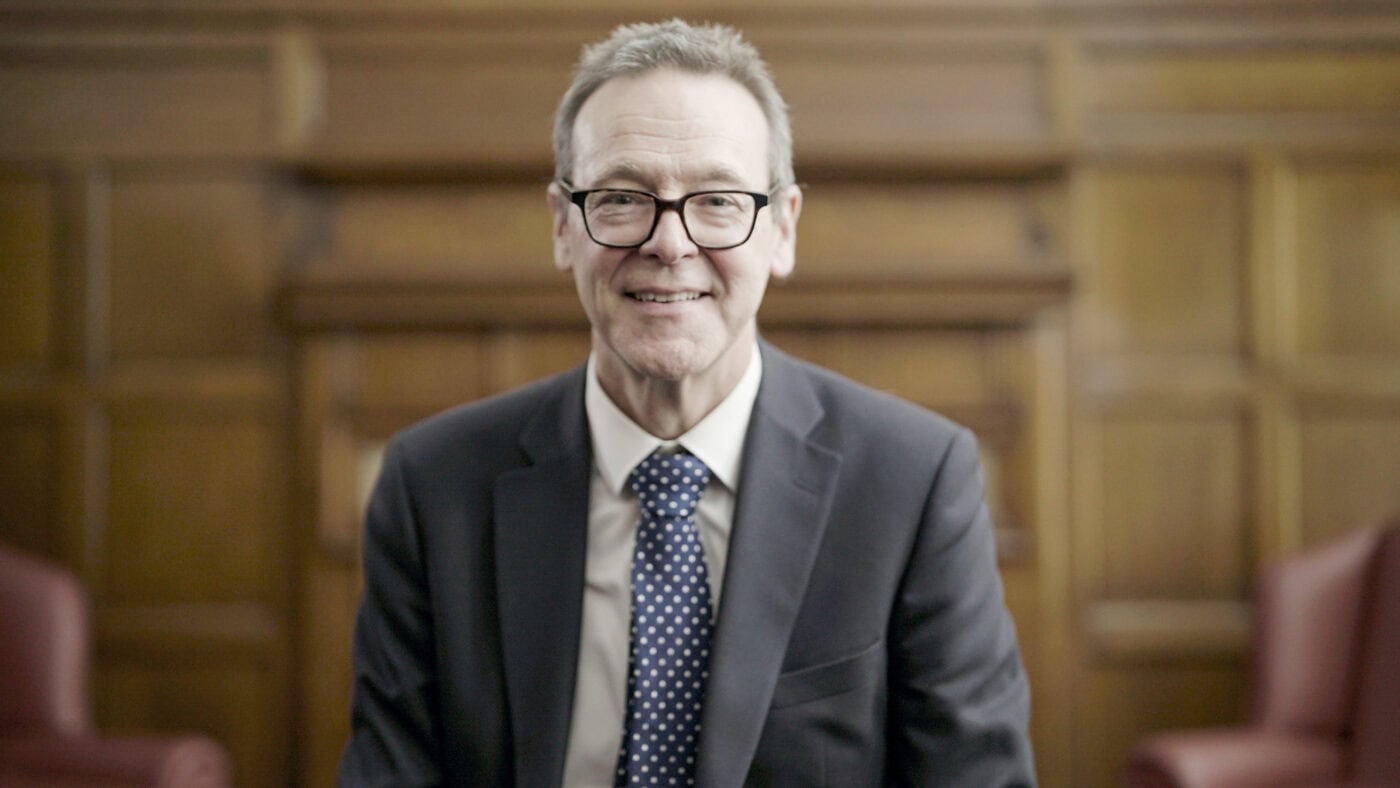There are two points worth making before wading into yet another article about the rapid spread of visible cracks in the Civil Service’s reputation for impartiality, which is proceeding at such a pace it’s as if parts of the organisation have been built with the personnel equivalent of RAAC.
First, we should acknowledge that the headline duty of a civil servant – to strive to conduct the business of the government as effectively and efficiently as possible – is not easy. Not impossible, but not easy. An individual needs to be engaged enough with policy and public service to seek a career in it, but detached enough to accept external leadership which can, and should, change sharply in response to a change in government.
Second, in mitigation of right-wing complaints about the ‘blob’, we should accept that it is inevitable that group-think is going to set in when it comes to policy areas where there is strong cross-party consensus (or mutual neglect) for a long time.
Right up until the 2015 general election, few people thought Britain’s outright departure from the European Union was on the cards. Many self-styled Eurosceptics were not even campaigning for that to happen. Most importantly, even when the referendum was called it was by a prime minister with no intension of leaving and who, as he had with Scotland in 2014, refused to plan for the eventuality.
It is thus not surprising that the Leave vote came as a nasty shock to lots of people at the Foreign Office – especially staff posted to diplomatic missions on the continent, who were apparently worried about whether they and their families would be forced to move at short notice.
(That experienced British diplomats were, according to one Foreign Office source, seriously worried they were about to be handed their passports, as if the United Kingdom had committed an act of war, is fairly eyebrow-raising in itself.)
But that is as far as we need go in defending Simon McDonald’s remarkable decision to reveal how he voted (Remain, obviously) the day after the referendum, which he confessed in a documentary by the BBC’s Laura Kuenssberg aired last night. Because it was an extraordinarily ill-judged thing to do. First, consider it even on the terms he makes for it:
‘I was trying to maintain credibility, and trying to convey a message to a group of people, most of whom I felt had voted to remain in the EU, that their personal feelings were beside the professional point.’
A couple of points to unpack here. First: surely, as civil servants, that ‘their personal feelings were beside the professional point’ ought to have been writ through the very fibre of the organisation in any case?
Moreover, as Permanent Under-Secretary, McDonald had a responsibility to offer junior staff an example, not a comfort blanket. A culture of impartiality is not impossible to cultivate but it most be carefully maintained. Many of those working under him at the time witnessed someone at the apex of the organisation deliberately letting the mask slip at a distressing moment, and will carry that lesson with them, consciously or unconsciously, as they progress their careers.
Even more importantly, though – what about maintaining credibility with the incoming government, which would be charged with seeing Brexit through? Or with the nation, which had just voted for it? Given that relations between the Conservatives and the Civil Service have been fraying for some time, it seems extraordinary that someone in McDonald’s position didn’t ponder the impact of his actions on that vital relationship – and seems still not to have accepted it now.
As I wrote previously over Sue Gray’s appointment as Sir Keir Starmer’s chief of staff – and on a related note about Gary Lineker and the BBC – an organisation that depends for its efficacy and legitimacy on broad consent is imperilled if one side starts to lose faith in it whether you think they are justified in doing so or not.
Even if a future Conservative government doesn’t eventually embark on serious reform of the Civil Service, the BBC, or other parts of the state (and they have recently proven incredibly bad at such structural policy), decaying trust between ministers and officials can only be bad for the conduct of government. Ministers will come to rely more heavily on their advisers and political staff; civil servants will be less able (and perhaps less willing) to see policies through.
The situation may not come to that. One Foreign Office civil servant put it to me that the problem is concentrated at the top of the organisation.
The outgoing crop of senior mandarins, now giving media interviews or pickling in think tanks, came up through a long period of relative stability as the Thatcher and then New Labour eras saw governments setting courses over multiple parliaments. It is no coincidence that those areas where the top brass have most visibly struggled to adapt are constitutional issues, such as Brexit and devolution, where there was for a long time a more-or-less unchallenged consensus about what the right policy was.
Younger civil servants, my source argued, have cut their teeth during a period of extraordinary turmoil, and as a result are much more accustomed to the rigours of a rapidly shifting policy landscape. We will have to hope they’re right.
Click here to subscribe to our daily briefing – the best pieces from CapX and across the web.
CapX depends on the generosity of its readers. If you value what we do, please consider making a donation.


